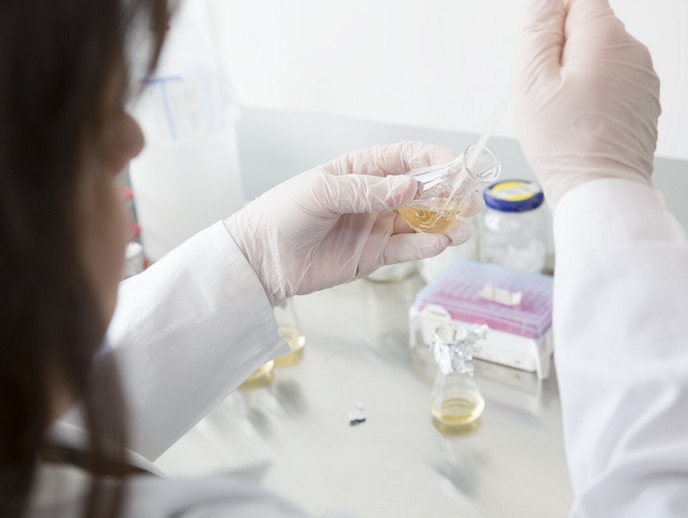Improving the use of fibroblast growth factor products for therapeutic applications
Across much of the developed world, populations are becoming older, more obese, and increasingly prone to such chronic diseases as diabetes. As a result, the global wound-care market is rapidly evolving, with innovative fibroblast growth factor (FGF) products driving the field of regenerative medicine. FGFs are a family of cell signalling proteins that are essential to embryonic development and maintaining tissue homeostasis. In the clinical setting, they are used to promote angiogenesis and wound healing, and have the potential to slow down ageing. However, despite their clinical value, FGF applications are limited by the fact that natural proteins have poor thermal stability, meaning they are often cleared from the body within hours – if not minutes. As a result, FGF applications must be administered frequently, which in turn raises the risk of adverse effects and lowers the cost-effectiveness of the protein therapy. By addressing the poor stability of selected FGFs, the FGFSTAB project is working to increase their commercial use within the therapeutic arena. “The main aim of the project is to develop and produce robust FGFs with sufficiently high operational stability for regenerative medicine,” says FGFSTAB project coordinator Ms Veronika Stepankova. Development of two innovative molecules Using lead partner Enantis’ in-house computer assisted protein stabilisation platform, project researchers successfully stabilised three selected FGF proteins. This in turn led to the development of two innovative molecules exhibiting higher structural stability at elevated temperatures, higher resistance against proteolytic degradation, and significantly prolonged half-life after pre-treatment at elevated temperatures when compared to corresponding native proteins. One of these stabilised FGF molecules (FGF2-STAB) was then successfully evaluated using the animal model of diabetic wounds. In vivo safety and efficacy testing of FGF2-STAB, which was carried out in a diabetic rat model, clearly demonstrated the molecule’s positive impact on the wound healing process compared to the controls. Specifically, FGF2-STAB increased cell proliferation and angiogenesis, while also decreasing inflammation. “The performed preclinical test revealed a prolonged half-life of FGF2-STAB in the wounds without any sign of compromised biological activity or of induced wound infection,” explains Stepankova. “These results represent an important milestone in the process of performing the complex preclinical safety tests needed to get FGF2-STAB approved for clinical trials on humans.” Set to enter the global market As a direct result of the FGFSTAB project, Enantis has significantly expanded and strengthened its capability, efficiency and competitiveness. In September 2018, the company signed an important distribution agreement with a leading life sciences company. “The company is not only a key global player in the field of stem cell research, it is also one of the world’s main suppliers of reagents for stem cell culturing and research,” says Stepankova. “This distribution agreement enables Enantis to enter the global market of stem cell research with its first stabilised molecule FGF2-STAB.” With the molecules developed during the project set to begin clinical trials, and with an eye towards commercialisation, Enantis has bolstered its team with the addition of nine new positions. Its R&D team has also been trained in a wide range of new laboratory techniques, and the company has initiated strategically important cooperation with three academic institutions and with four companies.
Keywords
FGFSTAB, Enantis, fibroblast growth factor (FGF), wound care, regenerative medicine, stem cell research, protein therapy

